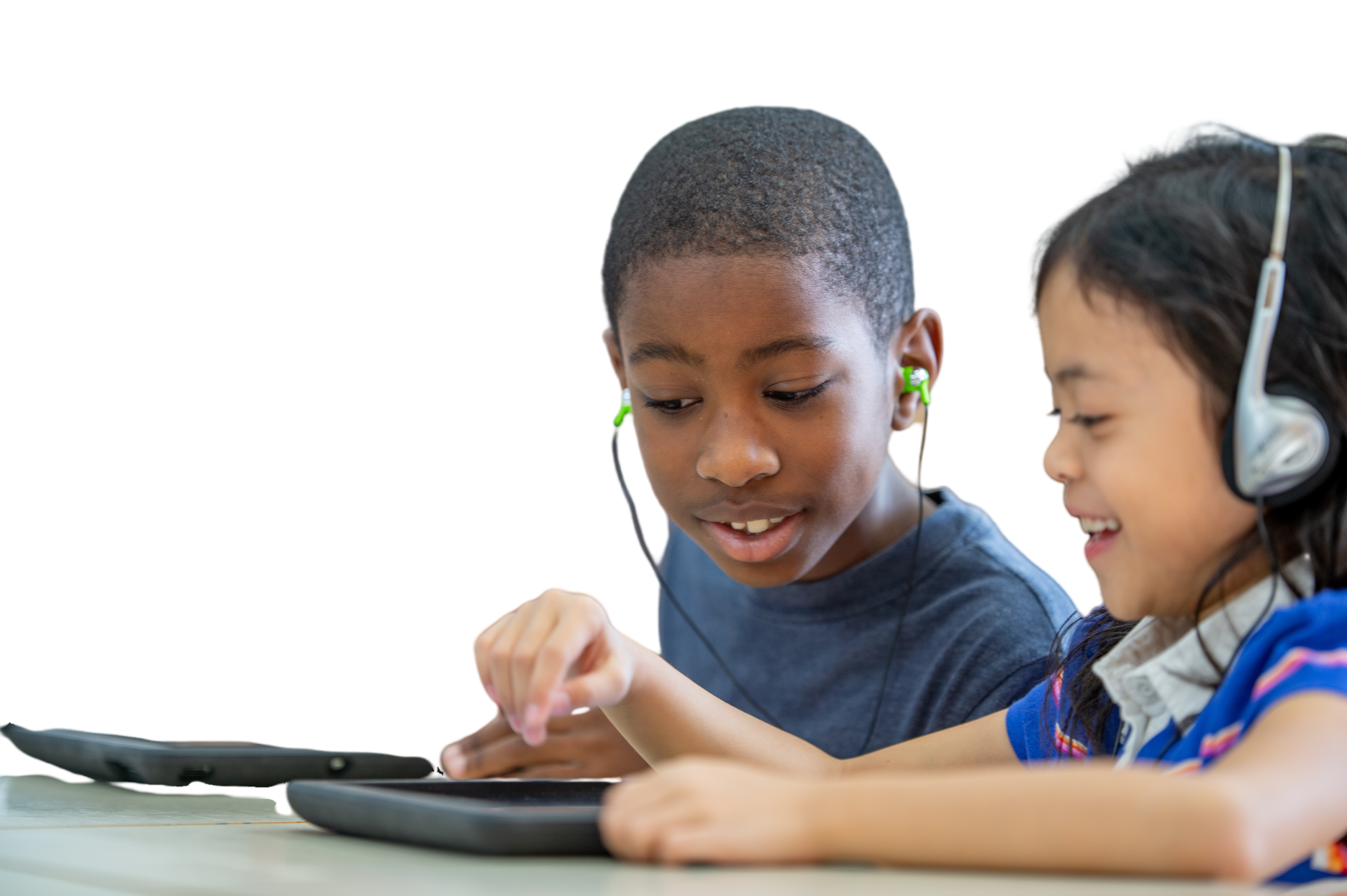
The Most Important Back-To-School Supply for Kids
Debbie .With back-to-school just right around the corner, schools are starting to release their back-to-school list of all the different materials your kids may need for the upcoming school year. With the never-ending list of supplies, have you ever wondered what the most important back-to-school supply is? This one supply alone is so crucial that it can not only transform our world but also improve your student's school life and personal life.
What is the Most Important Back-To-School Supply For Your Child?

The most important school supply your student needs to bring to school is not pencils, paper, or a backpack. In fact, it is not something that you will find in the back-to-school section at your local store.
What essential supply do they need? Empathy.
What is Empathy?

Empathy is the ability to understand how someone is feeling even if they feel differently than you. When a person has empathy, they can communicate about their own feelings as well as provide comfort and compassion for another person even if they don't feel the same.
Why is it important?
Empathy is important because it gives us the ability to understand why someone is reacting the way that they are. We can understand each other's differences as well as find the things we have in common. By connecting with another person on an emotional level, we can become better problem solvers and team players.
Young children often find it difficult to recognize that someone might feel differently about a situation. For example, on the playground they might not like going on the monkey bars but their friend may really like it. Loud noises might be hard for one student to tolerate while other students aren't bothered at all. Helping children understand how to express their feelings and listen to other's feelings is an important way for students to build empathy.
How can I help my child develop empathy?
Expert Tip #1: Model Empathy

The best way to build empathy is to model it for your children. Talk about their feelings as well as your own. If they are experiencing a strong feeling, point out and name their feelings.
Try this out:
"It looks like you were scared of that dog, can you tell me why?" or
"I know you are very excited about going to the park. I am too but before we can go, we have to finish cleaning up the toys."
Expert Tip #2: Validate their feelings

If they are having a difficult time or are feeling unsure, let them know that it is okay.
Example: "I know you got scared when the power went out. It's okay to feel scared when something unexpected happens. That is why I was here with you to make sure you were safe. I get scared when I see snakes even though other people really like snakes."
Expert Tip #3: Suggest ways that your child can show empathy

Find opportunities to encourage your child to show empathy towards others.
Example: "Your friend looks a little scared about going on the slide. Why don't you ask them if they would like you to go down first to show them it is safe.
"I know you like the color red but maybe your friend has a different favorite color. You can tell her your favorite color and ask her what color she likes."
Expert Tip #4: Read about feelings

There are many great books that highlight different feelings we may experience. Talk to your child about the pictures or stories and ask them if they feel the same way as the character. If they don't ask them how they would feel instead.
Check out this list of books that talks about different feelings:
- All Because You Matter: All Because You Matter
- I'm Happy-Sad Today
- Even Superheroes Have Bad Days
- iLuv's Emotion Circuits
- iCalm Galaxy
- Uh-Oh Oil in the Ocean
Expert Tip #5: Pretend Play

Using pretend play is a great way to practice empathy with your child. You and your child can practice having different feelings and talk about what you would say to someone who had a different feeling than they did. This is a great opportunity to talk about how we can tell someone might be feeling differently than we do - facial expressions, body movement, voice tone, or volume are all important clues that we can use to understand how someone is feeling.
When our children have empathy, they can understand other people's feelings, embrace the differences around them, build stronger relationships, and communicate more effectively. Having a strong ability to empathize with others will make a huge impact not only on their school life but their personal life as well.
Additional Parenting Resources:






 Most Popular
Most Popular
